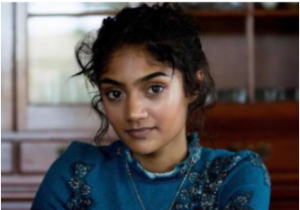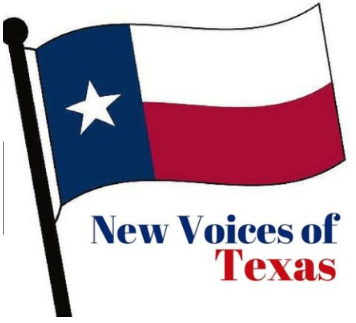Emily Bayardo
Staff Writer
Censorship, the suppression or prohibition of any parts of books, films, news, etc that are considered obscene, politically unacceptable, or a threat to security. Censorship is a common issue that is faced throughout day to day life. Whether that be through art, photography, internet, television, or journalism censorship occurs quite often. So, who exactly has the power to deem what is considered “acceptable?”Often times, the public turns to the generic answer of either the government or private groups.As of recently, there has been a movement in Texas to eliminate prior review and censorship within journalism. With that being said, the argument that is presented is “does censorship suppress the First Amendment right of free speech?”
Over years of rapid technological advancements, social media platforms such as Twitter are in use as information outlets that journalists can use to share their stories.These platforms have also taken on the role of censors, while somehow attempting to find the duality of free speech in moderation of a couple policies. Clearly, there are many cracks and flaws within this attempt. Content is flagged, blocked, or even taken down completely without warning.This can be detrimental to the public due to the fact that so many people turn to Twitter, Facebook,Youtube, and/or other forms of online media rather than classic outlets that would not publish such content. There is obviously a clear difference in numbers a story reaches if only one-hundred people are able to read it over one-hundred thousand.
Online media censorship is actually found very commonly across school districts. Now, yes, there is an extent as to where it is understandable to place restrictions and I acknowledge those circumstances. However, while using the internet at a school, there is always a common issue of material that gets flagged and then blocked.This is an issue because as students are trying to research for projects, work on online assignments, etc they are unable to reach these sites due to censorship proxies placed by the district.
Another issue that is also holds controversy is the power of prior review. Prior review occurs when a person of authority outside of a staff of editors, demands and insist they read a copy of the article(s) prior to the distribution and publication of the piece. At Har-Ber High School, in Arkansas, the newspaper staff ran into this problem. After re-publishing a previously censored editorial that had criticized the district’s inconsistent policy on transfer students, the staff faced backlash from the Spring- dale School District. Jared Cleveland, the district’s deputy superintendent, demanded that both articles get taken down immediately due to its disruptiveness. This had been taken to court and under Supreme Court Ruling Tinker V. Des Moines (1969) the story was in no way as controversial and disruptive to be censored by a public school. According to SPLC Senior Legal Counsel Mike Hiestand, the school officials have their backs against the wall and are insinuating that despite what the law says, they will do what they want.
Change is most definitely needed. Stu- dents, young writers, and journalists should not have to fear that their writing and stories will become censored because of shedding light onto the taboo.What is needed is an uncensored platform, within moderation, to bring light onto the subjects. As a result, the New Voices of Texas Bill is having its hearing in state courts. The bill protects young individuals right to share ideas and gather information relating to current public concerns.


